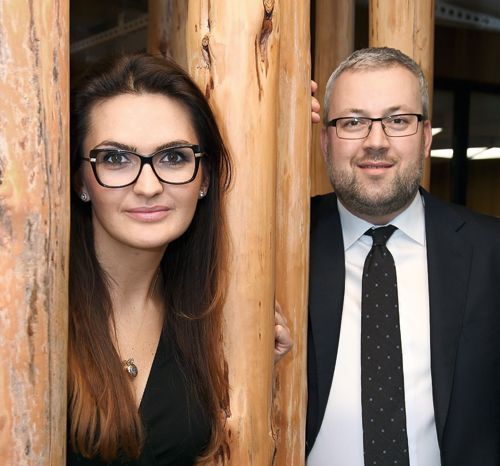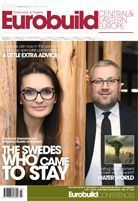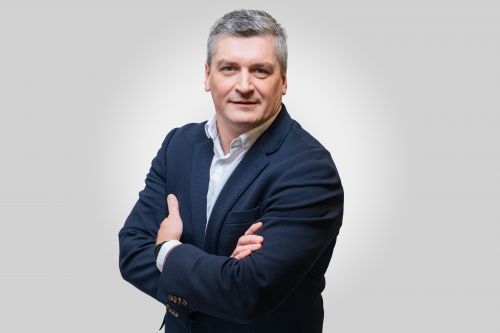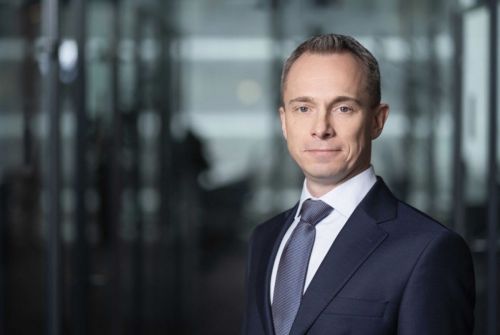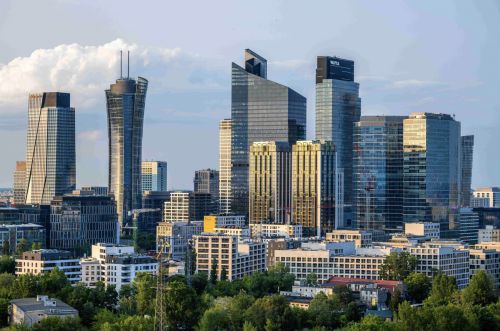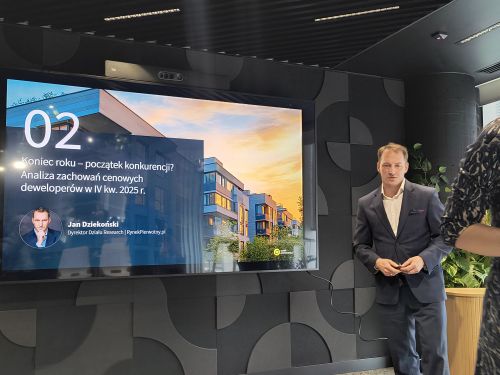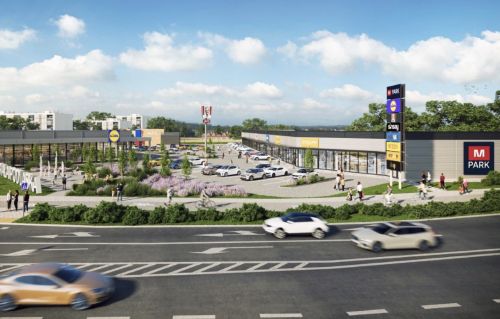Tomasz Szpyt, Eurobuild CEE: What is the company’s development strategy for the CEE market for the next few years?
Katarzyna Zawodna, president of Skanska Commercial Development Europe: We are currently carrying out ten projects in four countries in the region, including five in Prague, Nordic Light in Budapest and Green Court in Bucharest. So we are busy with development activities in each of the markets we are present in. In Romania we are set to launch another project in Budapest, while in the Czech Republic we are planning another project in Prague. We want to be active on all our current markets and deliver new buildings on them every year. We have 180,000 sqm of offices under construction. Last year we sold buildings with a total value of EUR 500 mln. We are currently preparing the sales portfolio for our projects for 2016, the volume of which will be similar to last year’s, when we delivered eight new office buil
